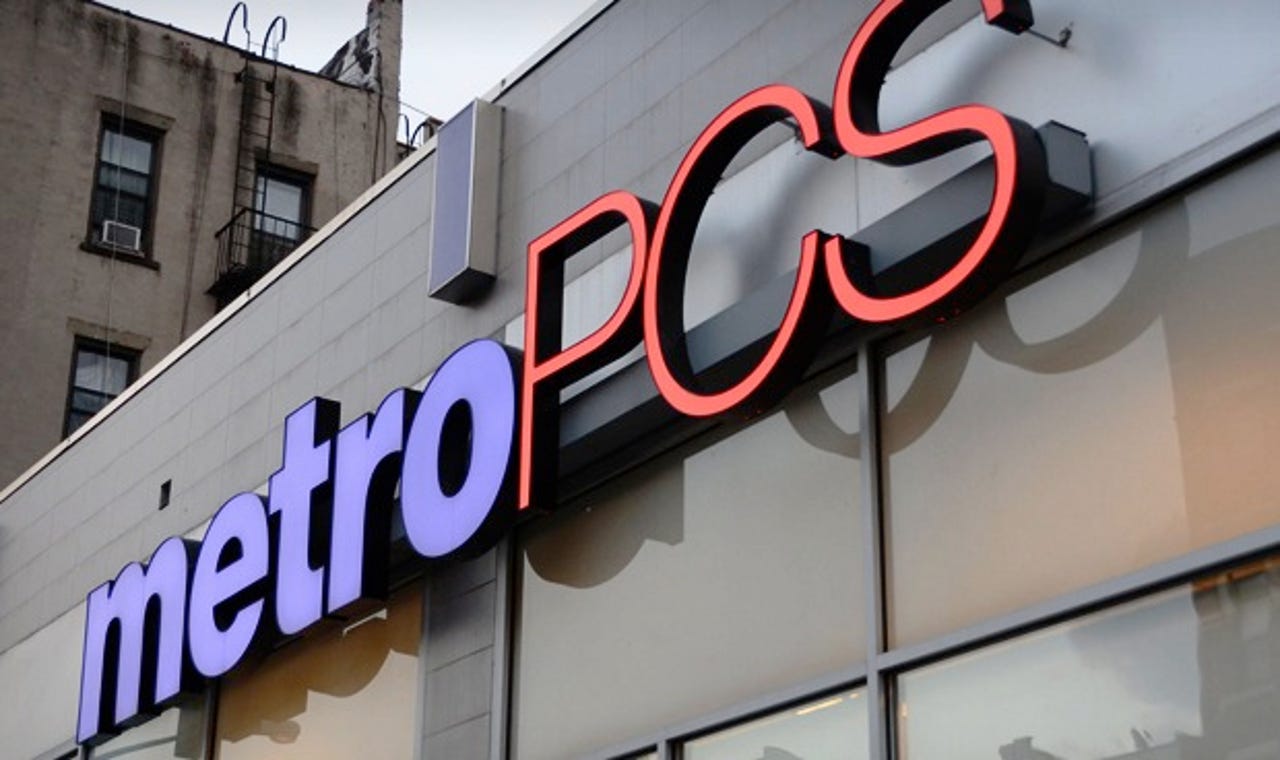MetroPCS shareholders revolt against T-Mobile CEO's merger tirade


The merger between T-Mobile USA and MetroPCS still has one hurdle to jump over: MetroPCS' shareholders, which are set to vote on the deal in just over two weeks time on April 12.
While U.S. federal regulators have already approved the deal between the firms, two MetroPCS shareholders are attempting to apply the brakes, by calling out T-Mobile chief executive John Legere who said on Tuesday that he expects the deal to go through.
At the New York launch of T-Mobile's latest press event, Legere led an hour-long event in which is swore (give or take a couple) 11 times in total. Thankfully, Legere kept most of his swearing to a minimum when diplomatically discussing the MetroPCS merger.
Yesterday, investor Paulson & Co., which holds a 9.9 percent stake in the fifth largest U.S. cellular carrier, issued a statement (via Barrons) in which it "strenuously objects to [Legere's] characterization of MetroPCS shareholders as greedy because they believe the current terms of the merger are poor for MetroPCS shareholders."
The war of words went on, taking a hefty swipe at T-Mobile USA's Germany-based parent company Deutsche Telekom:
If anyone is being greedy here, it is Deutsche Telekom by stripping out $15 billion of senior debt at above market rates and terms for themselves before the proforma shareholders get anything. MetroPCS shareholders are left with a subordinated minority stake in an over leveraged equity stub. [...] We believe MetroPCS is worth more as a standalone company rather than with T-Mobile under these unfavorable terms.
While MetroPCS were expected to pass the deal without too much arm-flapping, now the largest shareholder warns Deutsche Telekom to "significantly reduce the debt they are taking back," or "increase MetroPCS' proforma share of the combined company."
At the end of the day, it's the shareholders' who will accept or decline on the deal, and they want the very best deal to line their coffers. That's not being greedy, that's just business.
To make matters worse, Reuters reports that influential proxy advisory firm ISS agreed on the most part with Paulson & Co. and said shareholders should vote against the deal, citing the deal undervalued the company.
In a note to investors, ISS said because of the "negative market response" to the deal, citing a 14 percent dip in MetroPCS' share price since the announcement, "the lower equity split than justified by the contribution of [MetroPCS] to the combined entity, and the potential for PCS to continue to thrive as a stand-alone company, shareholders should vote against this transaction."
That's finance talk for saying the 24 percent of the final company ownership that MetroPCS will ultimately get isn't enough and should be balanced more equally between the two firms. Also if the deal completes, MetroPCS will declare a one-for-two stock split and dish out $1.5 billion in cash back to its shareholders.
Leading the revolt is activist investor group P. Schoenfeld Asset Management, which owns 2.5 percent of MetroPCS' stock, which is fighting against the merger in a proxy battle against the deal.
Combined, the two shareholder groups own 12 percent of MetroPCS' stock. Though a deal could still be struck in spite of the revolt — the company's second largest investor Madison Dearborn, which holds 8.3 percent of its stock, has already given its blessing and hasn't budged — it falls in T-Mobile (and therefore Deutsche Telekom's) best interests to keep the peace.
There is a lesson here. When you're inches away from clearing a massive deal that could see a combined company of the fourth and fifth largest U.S. cell carrier take on the third largest company in that space, it's better to keep your mouth firmly shut.
Or, at very least, say nice things and try not to ruffle too many feathers.
And stop swearing.